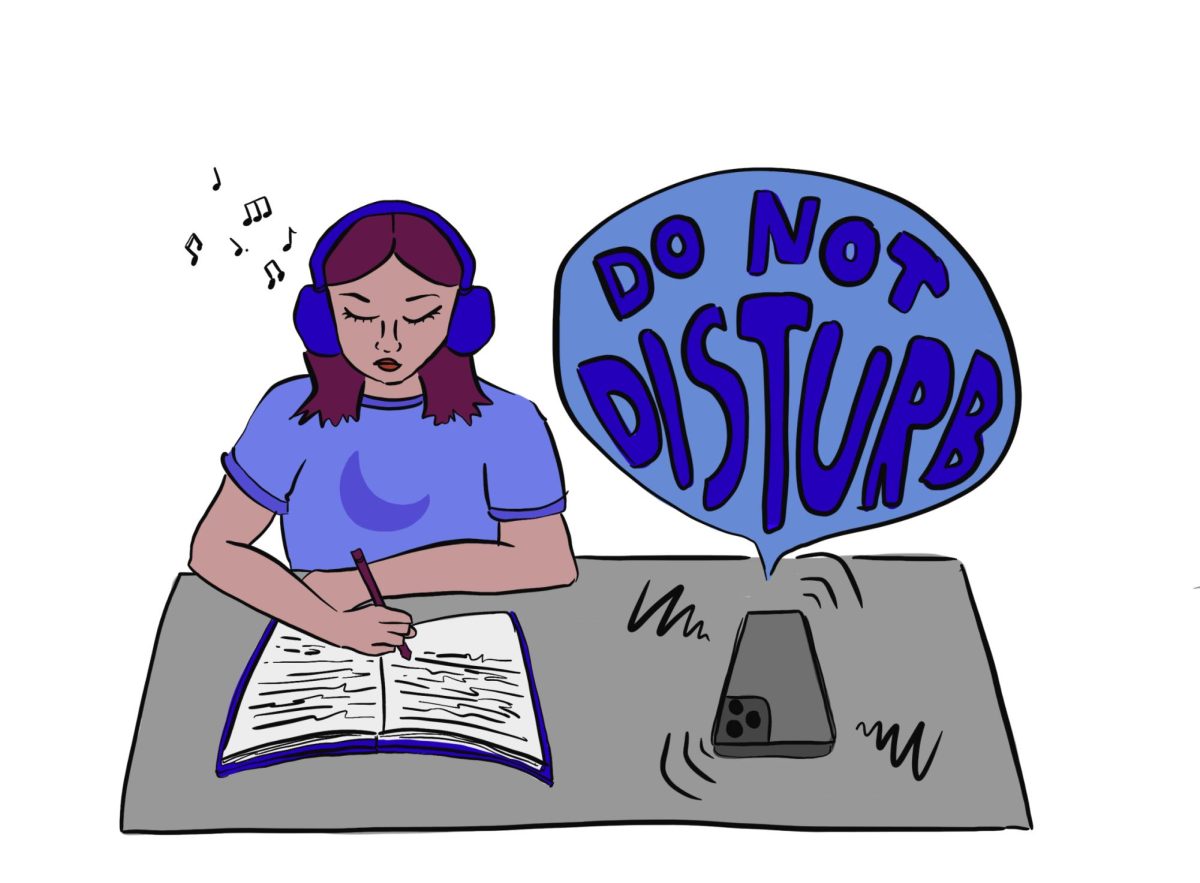Hollywood is notorious for many things — the glamor, the snobbish peacocking, the tucked-away mansions. But perhaps what the industry is best known for is the image of the struggling actor, and its counterpart, the beautiful starlet born into a famous family. Despite calls for equity from actors and growing awareness among the general public, systemic change has been painfully slow. Many of the actors we see onscreen are still from rich, well-connected, mostly white families who have decades of experience navigating the industry.
Enter a group I call the “holy trio”: Ayo Edebiri, Rachel Sennott and Emma Seligman. Unlike nepo babies, they do not come from rich, famous, well-connected families. Edebiri first entered the stand-up comedy scene in college while she was still a teaching major; Sennott wrote a list of reasons she should have an agent at 11 years old; Seligman had a blog in high school called “Confessions of a Teenage Film Buff.”
The trio met as students at New York University and have collaborated on a number of projects, most recently in the R-rated lesbian fight club movie “Bottoms.” Although their careers have only recently launched, they are already experiencing massive success, starring in and directing some of the most prominent works of the year. Edebiri is an Emmy nominee for her work in “The Bear.” Sennott received critical acclaim for her roles in “Bodies Bodies Bodies” and “The Idol.” Seligman’s “Bottoms,” which she wrote and directed, has been christened a lesbian cult classic, and her directorial debut “Shiva Baby” won an Independent Spirit Award.
The three are awkward and funny and unabashed cinephiles. They speak openly about bartending and babysitting in college to pay the rent while their NYU peers threw their parents’ money into funding their short films. They make art that is sometimes hilarious and sometimes devastating, that is deeply personal but also connects with people across the world, that uplifts the stories of communities often shunted to the side of the screen. They don’t need a brand deal, or a Marvel contract, or an A-list parent — they act and write and direct so well that none of the rest matters. And they are being rewarded for it by the Hollywood powers-that-be and the general public.
Ultimately, their meteoric ascents reflect a film industry changing for the better — one where pure talent and drive can block everything else out, period. If the trio’s careers are any indication of what the future looks like, I can’t wait to see what’s next.







